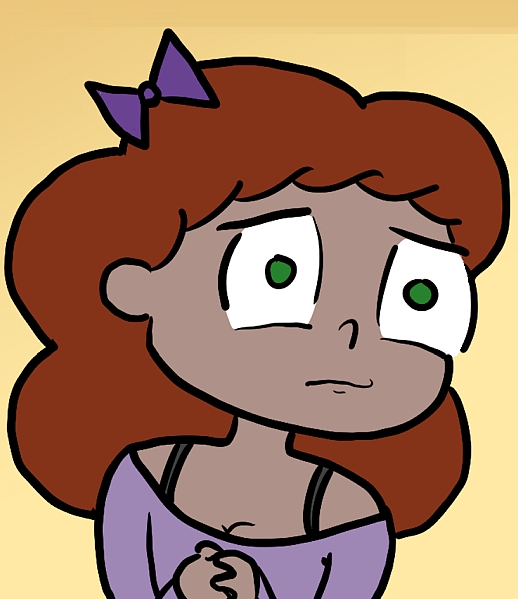- Welcome to Cook'd and Bomb'd.
-
 Help me locate a Noise from...
by boki
Help me locate a Noise from...
by boki
[Today at 11:27:03 AM] -
 Saint fackin Georg
by Shaxberd
Saint fackin Georg
by Shaxberd
[Today at 11:26:43 AM] -
 Trans Mania: Graham Linehan...
by phes
Trans Mania: Graham Linehan...
by phes
[Today at 11:26:00 AM] -
 Obnoxiously American words...
by Video Game Fan 2000
Obnoxiously American words...
by Video Game Fan 2000
[Today at 11:25:51 AM] -
Snooker 23/24 by sevendaughters
[Today at 11:24:15 AM] -
 Virtue signalling
by Underturd
Virtue signalling
by Underturd
[Today at 11:22:05 AM] -
 Yet Another Whiny Marvel Thread...
by madhair60
Yet Another Whiny Marvel Thread...
by madhair60
[Today at 11:20:51 AM] -
 "B*lt my hat's arse!"...
by non capisco
"B*lt my hat's arse!"...
by non capisco
[Today at 11:20:05 AM] -
 Who were the earliest openly...
by poodlefaker
Who were the earliest openly...
by poodlefaker
[Today at 11:16:31 AM] -
Richie Sunak - The Decline... by GoblinAhFuckScary
[Today at 11:10:59 AM]
Members
 Total Members: 17,826
Total Members: 17,826 Latest: bozza
Latest: bozza
Stats
 Total Posts: 5,581,247
Total Posts: 5,581,247 Total Topics: 106,716
Total Topics: 106,716 Online Today: 871
Online Today: 871 Online Ever: 3,311
Online Ever: 3,311- (July 08, 2021, 03:14:41 AM)
Users Online
 Users: 111
Users: 111 Guests: 543
Guests: 543 Total: 654
Total: 654 TheMcRibbieOne
TheMcRibbieOne Agent Dunham
Agent Dunham Jumblegraws
Jumblegraws Cuellar
Cuellar Theoretical Dentist
Theoretical Dentist iamcoop
iamcoop dead-ced-dead
dead-ced-dead Underturd
Underturd Bunty Levert
Bunty Levert prelektric
prelektric Pink Gregory
Pink Gregory Shaxberd
Shaxberd Deano
Deano Huxleys Babkins
Huxleys Babkins Angst in my Pants
Angst in my Pants Butchers Blind
Butchers Blind tom_exorcisto
tom_exorcisto Buelligan
Buelligan Quote
Quote Egyptian Feast
Egyptian Feast Hank the Rapper
Hank the Rapper CS Lewis Jr.
CS Lewis Jr. gib
gib Ruben Remus
Ruben Remus Magnum Valentino
Magnum Valentino KennyMonster
KennyMonster Video Game Fan 2000
Video Game Fan 2000 Senior Baiano
Senior Baiano neveragain
neveragain Urinal Cake
Urinal Cake JaDanketies
JaDanketies Hobo With A Shit Pun
Hobo With A Shit Pun phes
phes pcsjwgm
pcsjwgm brat-sampson
brat-sampson Reg Lovecraft
Reg Lovecraft Bellalunaesme2
Bellalunaesme2 Greyhound
Greyhound ozufan
ozufan Gonk
Gonk sevendaughters
sevendaughters ZoyzaSorris
ZoyzaSorris Bracing Skegness
Bracing Skegness Thursday
Thursday Matthew Dawkins Jub Jub
Matthew Dawkins Jub Jub Stoneage Dinosaurs
Stoneage Dinosaurs Jack Shaftoe
Jack Shaftoe non capisco
non capisco koren
koren Rizla
Rizla Eltho Jo
Eltho Jo Action Fish
Action Fish EOLAN
EOLAN Utter Shit
Utter Shit katzenjammer
katzenjammer Too bad, YOU, will DIE.
Too bad, YOU, will DIE. Dandy21
Dandy21 kidney
kidney Gurke and Hare
Gurke and Hare jonbob
jonbob Psybro
Psybro Chairman Yang
Chairman Yang pigamus
pigamus DreadedScotsman
DreadedScotsman mikeyg27
mikeyg27 mash
mash Thosworth
Thosworth Snrub
Snrub bluestar
bluestar Jake Thingray
Jake Thingray Elderly Sumo Prophecy
Elderly Sumo Prophecy lazyhour
lazyhour Dr Rock
Dr Rock jimboslice
jimboslice The Always Red Society
The Always Red Society Cleveland Steamer
Cleveland Steamer Rankersbo
Rankersbo Jockice
Jockice copa
copa The Lurker
The Lurker spaghetamine
spaghetamine Theotherside
Theotherside Cuntbeaks
Cuntbeaks burst_arm
burst_arm Kankurette
Kankurette Cottonon
Cottonon lipsink
lipsink crankshaft
crankshaft colacentral
colacentral cakeinmilk
cakeinmilk RFT
RFT lebowskibukowski
lebowskibukowskiNot getting racism when you're young
Started by Rev+, September 18, 2021, 12:37:19 AM
Previous topic - Next topic
User actions

